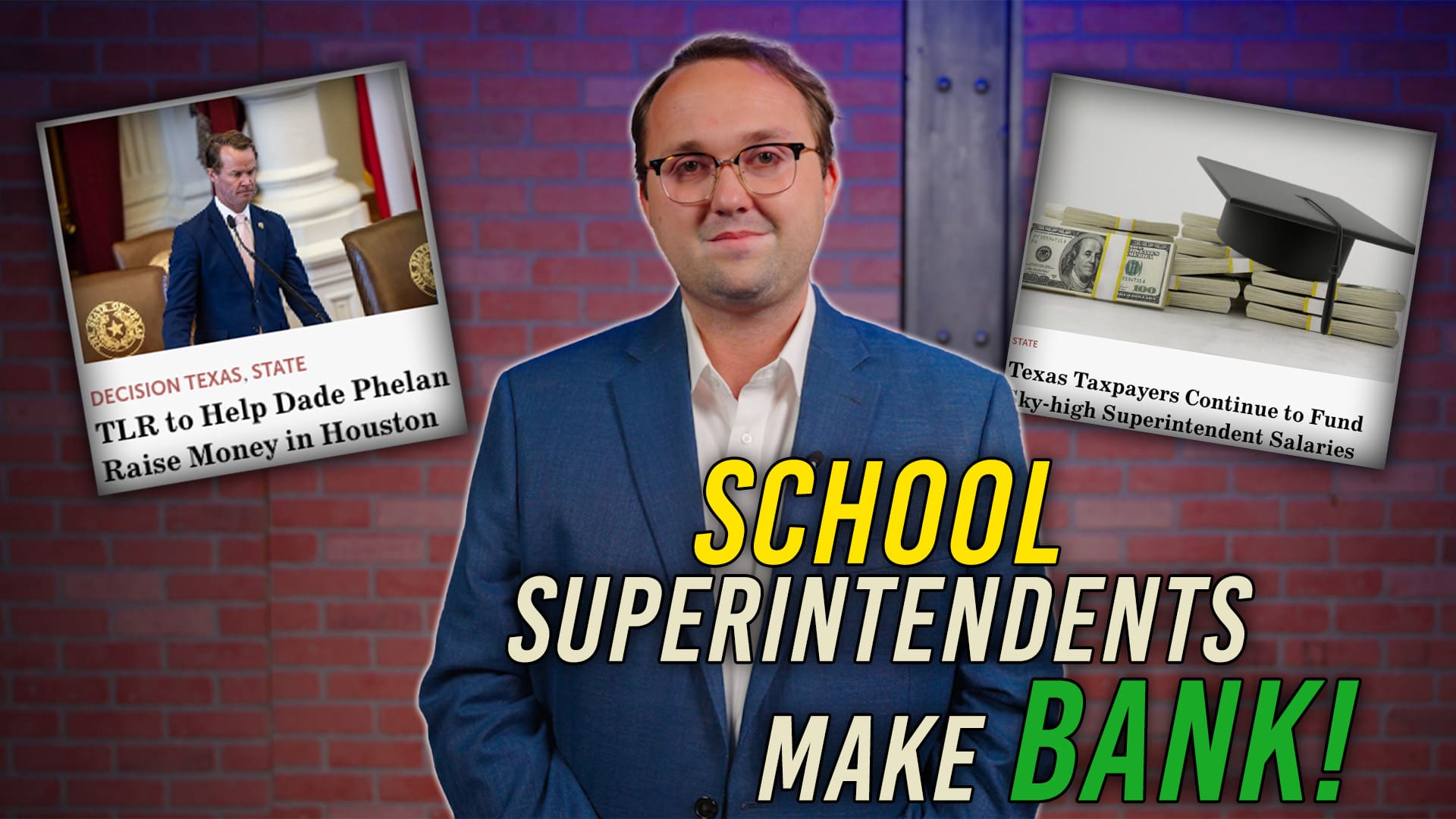When most people imagine the process by which the legislature passes a piece of legislation, they likely conjure up images of fiery debates, pro and con speeches, and votes all on the record.
Sure, this is the process for some legislation—especially high-profile items like the state budget. Most bills, however, are passed in a much faster and less deliberative manner, a process called the Local and Consent Calendar.
Often referred to as a “legislative fast-track”, the vast majority of legislation passes through the Local and Consent process.
Instead of substantive debate (or any debate at all) bills are shuffled through like livestock at auction, with clerks barely uttering the bill’s caption before the gavel falls and the bills are deemed passed by the House. At this rapid pace, fifty bills can be passed in fifteen minutes.
The Texas House rules stipulate that this calendar is to be used solely for bills “on which there is such general agreement as to render improbable any opposition to the consideration and passage thereof.” Things like renaming highways, naming special days, etc.
During recent legislative sessions, though, substantive bills have been snuck onto the calendar. For example, in 2017 State Rep. Hugh Shine (R–Temple) had a bill to “prohibit a court from awarding attorney’s fees in a taxpayer suit” against the government. Not exactly non-controversial legislation.
Luckily, the process allows for two methods by which members can move bills off of the Local and Consent Calendar. Legislators can either group together and submit five signatures in opposition to the bill, or they may speak for ten minutes against the legislation. Both methods will move the bill to the Committee on Calendars to be placed on a traditional House calendar.
In Shine’s case, the bill was removed after five members voiced their opposition. Shockingly, however, when the bill eventually reached the standard calendar, it was soundly defeated with only 19 yeas and 120 nays.
Such examples during past legislative sessions served to cast serious doubt over the integrity of the Local and Consent process.
Committee assignments handed out by Speaker Dennis Bonnen last week, however, may show a new direction this session.
No longer chaired by a Democrat lawmaker, the new committee is chaired by Republican State Rep. Geanie Morrison (R–Victoria).
More importantly, however, are some of the new members of the committee. Previously stacked with loyalists to former House Speaker Joe Straus, who would act as a rubber stamp, the new committee features conservative State Reps. Cole Hefner (R–Mt. Pleasant) and Mayes Middleton (R–Wallisville).
Though Hefner did not request the committee, he says he is looking forward to his new gatekeeping role.
“I believe I was selected to be a member of the committee that will work to ensure a fair process for House members and their truly local or uncontested bills,” said Hefner. “I look forward to working with the new Committee Chair and the other members to ensure that bills that are truly local or uncontested are able to get to the floor in an appropriate time frame.”
“That is the purpose of this committee’s existence as I understand it,” he added.
Middleton, a freshman, did request to be on the Local and Consent committee.
“I believe that Speaker Bonnen sought to bring a broad range of members to this committee,” said Middleton. “As a member of the committee, I will work to ensure that bills placed on a Local and Consent Calendar are truly local and have full consent of the House.”
State Rep. Jonathan Stickland (R–Bedford), who has long drawn the ire of colleagues in the House for speaking against bad bills and taking them off the Local and Consent Calendar, said the new committee was an indication that conservatives who had fought against the process for the last several sessions had won.
“Conservatives have proven to the rest of the House that business as usual is no longer going to fly on L&C. People are watching and willing to use the rules to knock bad bills off. As a result, we’ve seen a slow but steady shift to a more responsible system, I believe that will continue to improve and be more honest/transparent under chairwoman Morrison,” said Stickland.
Despite not having an official seat on the committee, Stickland assured grassroots citizens he would be watching closer than ever before.
“A member who is diligently watching the Local and Consent calendar, and is willing to act against immense pressure becomes very powerful. Constituents shouldn’t expect any change from me this session on L&C.”
To members who may attempt to sneak substantive bills onto the calendar, Stickland gave warning.
“I’m watching more than ever, and pressure doesn’t work on me. Bad bills will not pass.”





